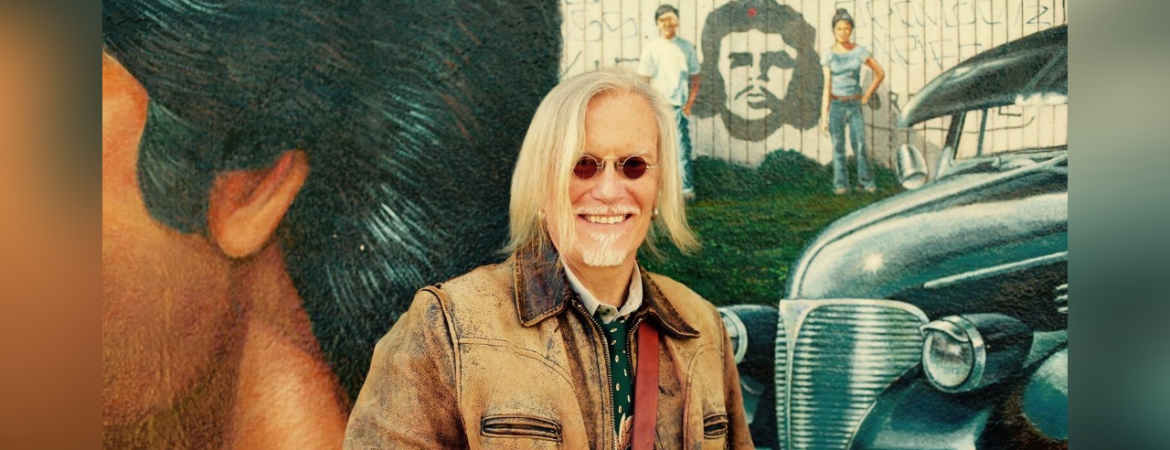
Canadian-American scholar Peter McLaren sent a message of support regarding the Peace and Democratic Society Process. In his message McLaren said the following:
"I speak not as one who claims authority over the lands that stretch between the Tigris and the Bosporus, but as a witness from afar—an intellectual who still believes that the human spirit was born for dialogue, not domination; for freedom, not fear. I believe, with all the marrow of my mind, that free thought and democratic debate are not the inheritance of any single nation but the shared heartbeat of humanity itself.
Therefore, I raise my voice in solidarity with all who, beneath the Anatolian sun and in the mountains of Kurdistan, dream of peace. I salute the courage of those who have chosen words over weapons, who have decided that history shall no longer be written in blood, but in the ink of reconciliation.
This moment—this fragile, trembling, sacred moment—was born of a handshake. A gesture so simple it could be missed by the cynical, yet so profound it may alter the fate of a people. When Devlet Bahçeli, the leader of the Nationalist Movement Party, extended his hand to Kurdish politicians, he did not merely clasp fingers; he bridged decades of sorrow. And when Abdullah Öcalan, from the isolation of İmralı Prison, called on February 27 for peace and a democratic society, his words crossed the waters like a dove released into a storm—bearing not naivety, but the defiance of hope.
For over forty years, the Turkish and Kurdish peoples have been bound together by a chain of grief—each link forged in war, distrust, and loss. The mountains have echoed with mourning songs, and the soil has been heavy with the silence of those who could no longer speak. It has been an open wound in the heart of the Republic, a wound that no amount of denial could close.
And yet—here, now—there is a chance. A window cracked open after decades of darkness. A whisper that peace is not a fantasy but a duty to the living and the dead alike. I have been asked, from my distant corner of the West, to join the chorus of those who are heartened by the news that dialogue has begun. I respond not with the arrogance of a commentator, but with the humility of one who knows that human suffering is universal. For though I am far, I have watched with sorrow the long unfolding tragedy of this conflict—the way it has scarred generations, the way it has become a lesson in what happens when politics forgets humanity.
But now, in this fragile dawn, there is the sound of possibility—a murmur of awakening across the ancient plains. The call from İmralı, the handshake between enemies, the quiet prayers of mothers who have buried their sons—all these together form a symphony of courage that defies despair.
Let the world not turn away. Let us all—intellectuals, workers, poets, and politicians—stand with the Turkish and Kurdish peoples as they attempt the hardest of human tasks: to forgive, to listen, to live together anew. Let this be not only a peace between two peoples, but a sign to all nations that democracy is not the possession of the powerful, but the promise of the human race.
The rivers of Anatolia have seen empires rise and fall; they have witnessed the arrogance of kings and the patience of peasants. But perhaps now, they will witness something greater still—the birth of a peace that belongs not to the victor, but to the voice.
May that voice grow louder. May it thunder across the world until it drowns out the drums of war."
McLaren is a globally recognized educational theorist, writer, and academic, best known for his work in the field of critical pedagogy. His studies focus on issues such as educational inequality, class struggle, racism, cultural identity, and ideology, and he is particularly noted for his critiques of capitalist education systems. Influenced by the ideas of Latin American educator Paulo Freire, McLaren has become one of the leading figures in introducing Freire’s concept of “liberating education” to the Anglo-Saxon world.
13 October 2025
